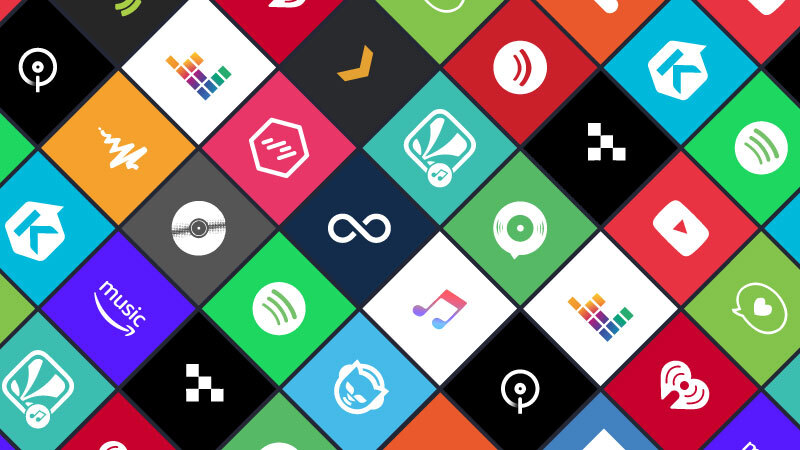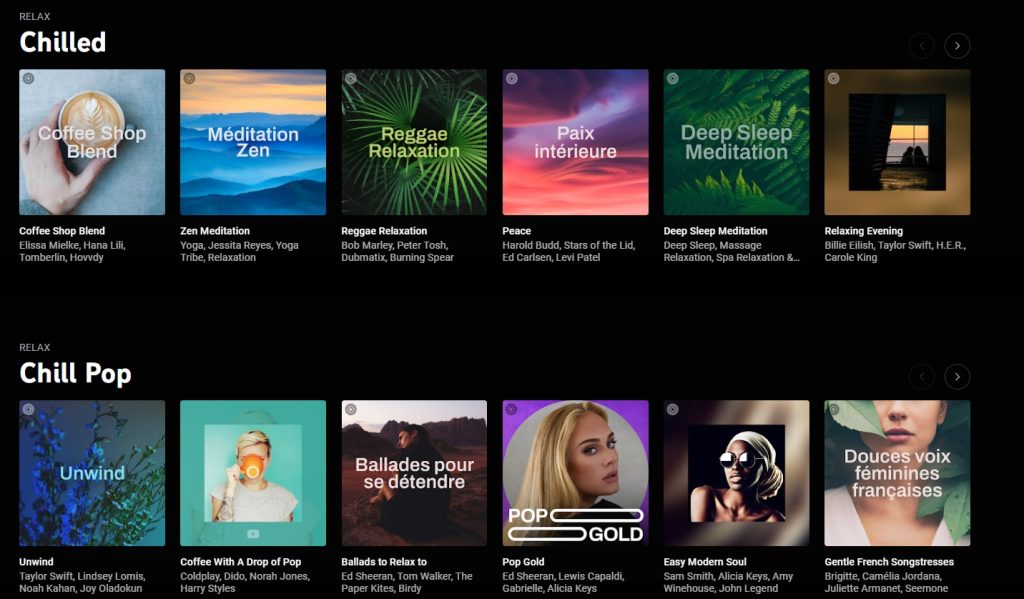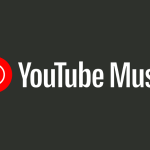Over the years, music streaming has become the principal means of music consumption. Multiple platforms have established themselves in a competitive market, overturning the record industry and changing how artists are remunerated. Can music streaming be free? Musi seems to think so…but it’s a problem! And can it introduce a whole new model? We’ll tell you all about it!

Musi’s history
The story of Musi begins in Winnipeg with two friends, Aaron Wojnowski and Christian Lunny. Their goal? To create a new streaming service based on a different model than Spotify, Apple Music, Amazon Music, and others. It’s 2012, and although streaming is starting to take off, the market isn’t as saturated as it is today. Aaron and Christian’s vision was to create a platform to make music more accessible and enjoyable for everyone, regardless of their financial means or geographical location.
In 2013, Vevo is becoming increasingly popular, especially with a very young audience. On their Vevo page, hosted on YouTube, artists are racking millions of views. Christian and Aaron are observing all this and feel they can benefit. On Dragon’s Den in 2016, where entrepreneurs pitch their ideas to investors, Christian explains:
“What if we took the way you organize music on your phone, put that into an app, and tied that in with YouTube, where artists put up their music accessible to stream?”

Musi officially launched in 2013. It aims to be an extension of YouTube, easier to use, more ergonomic, and free. It is now the tenth most-used streaming service in the US, with 6.5 million monthly active users, and regularly features in the top 100 most downloaded apps in the App Store, according to Dash. Other sources claim that the app has been downloaded nearly 70 million times, and 8.5 million times in 2023. That’s more than Pandora, Audiomack, and Deezer. And that’s just the beginning!
So, how does Musi work?
Can music streaming be free? Musi’s promises
Musi is based on a simple principle: free music. This is a godsend for young people, such as high school or university students with little means.

Until now, some of them have been using the free versions of Spotify and other platforms, but there was one problem: the ads present, hindering listening and browsing pleasure. With Musi, none of that. It’s all free, with no advertising interruptions. Music streaming, playlist creation, and sharing: Musi meets all the basic needs of streaming platforms. But it doesn’t do much more than that. Unlike Spotify, Deezer and the rest regularly try adding new features to their apps to extend the listening experience with podcasts, radio, statistics, and a thousand other things. Musi targets people who want to listen to music without expecting more from a streaming platform. Some even claim that the application is too simplistic and that its interface is so minimalist that it looks unprofessional.
But then, how do they do it?
The business model is somewhat obscure, and whether Musi is a legal service is hard to know. It flirts with the law in a gray area unassailable by labels and artists.
Musi retrieves music from YouTube, makes it available, and sometimes associates advertising with it. Musi claims that the videos are sourced exclusively from YouTube and SoundCloud. Once the songs have been retrieved, Musi distributes them on its interface. They, therefore, use the licenses of these platforms. Users, when opening Musi, have to watch one or more ads, but after that, they’re free to listen to whatever they want without interruption. For a fee of $5.99, the application offers to permanently remove all these ads, including those that appear between songs.

Musi has also won acclaim for its simplified interface and data protection. The two founders have made it a point of honor to protect their users. It’s impossible to say whether this promise has been kept, but that doesn’t detract from the fact that it’s a good thing. On the other hand, you can’t listen to music without an Internet connection, and Musi does not offer downloads.
For the moment, Musi is not available on Android and only works on iOS. It is also a service used almost exclusively in North America, the Middle East, Africa, and Asia, but it may expand to other parts of the world in the coming months. Could this be a wave?
Can music streaming be free? Spotify’s and others are concerned
As you’d expect, Musi’s popularity has the streaming giants—Amazon Music, Spotify, Deezer, Apple Music, and others—slightly worried. They cannot make all their services accessible right now. And what about remuneration for labels and artists? If no one pays to listen to music anymore, revenues will plummet, and artists will be left with only concerts and merchandising as salaries.

The main question is: if Musi uses music available on YouTube and Soundcloud, do artists get the same as when their songs are streamed on one of these two services? Musi seems to think so, but it’s impossible to know if this is true.
That’s the challenge with Musi and its relationship to legality. Is Musi using YouTube’s API legally? Here too, it’s hard to know. Musi communicates very little, and it’s almost impossible to get any information about the company and its business model or to contact it. By creating an opaque atmosphere around its service, Musi protects itself against possible attacks.
But the war is on its way. Spokeswoman Evelyn Swiderski, from Vevo, told Wired:
“We have recently been made aware of the music video app Musi. Vevo has not licensed music videos on the app, and Musi is using the Vevo mark on its service without a license. Vevo will take appropriate measures.”
What will happen?
Musi’s promise is interesting on paper, but it has not been without its challenges. Wired reveals that Musi has been the subject of several lawsuits, which raises questions about its legal status and potential risks for users and artists.
Is this enough to tarnish the app’s reputation? Not quite, given its growing popularity with a young target audience. With Musi, it’s almost as if the music industry has returned to the era of piracy and peer-to-peer when the entire planet considered that music had become free. This caused an upheaval in the recording world that lasted several years, plunged artists and labels into crisis, and forced a reinvention. We talked about it in this article.

We’re not there yet with Musi, but let’s watch its successive evolutions and the ongoing copyright infringement lawsuits. We may be on the cusp of a new upheaval, even if that still seems illusory.
Whatever happens, Musi has created something rather interesting: that of being a music streaming platform with millions of listenable references, without having to submit to the legal framework or the thousand steps platforms must pass to legally redistribute the revenues generated by streaming to copyright holders. It’s undoubtedly worrying but almost as fascinating. And we must wonder whether Musi isn’t just the tip of the iceberg. How many apps of this type exist? If Musi disappears, how many will take over?
Can I use Musi with Soundiiz?
You can use Musi with Soundiiz and take advantage of all our import features. You can import your Musi playlists to Soundiiz or import Musi to Spotify, YouTube, and any other streaming platform!

If you want to import your data into Musi, you can do so by importing it into YouTube and then syncing the Musi application to see your data appear on your application. This is possible because, we remind you, Musi uses data extracted from YouTube. And it’s no secret that Soundiiz works perfectly with YouTube!
Now that you know more about the Musi story, you can start using our services by clicking here.



